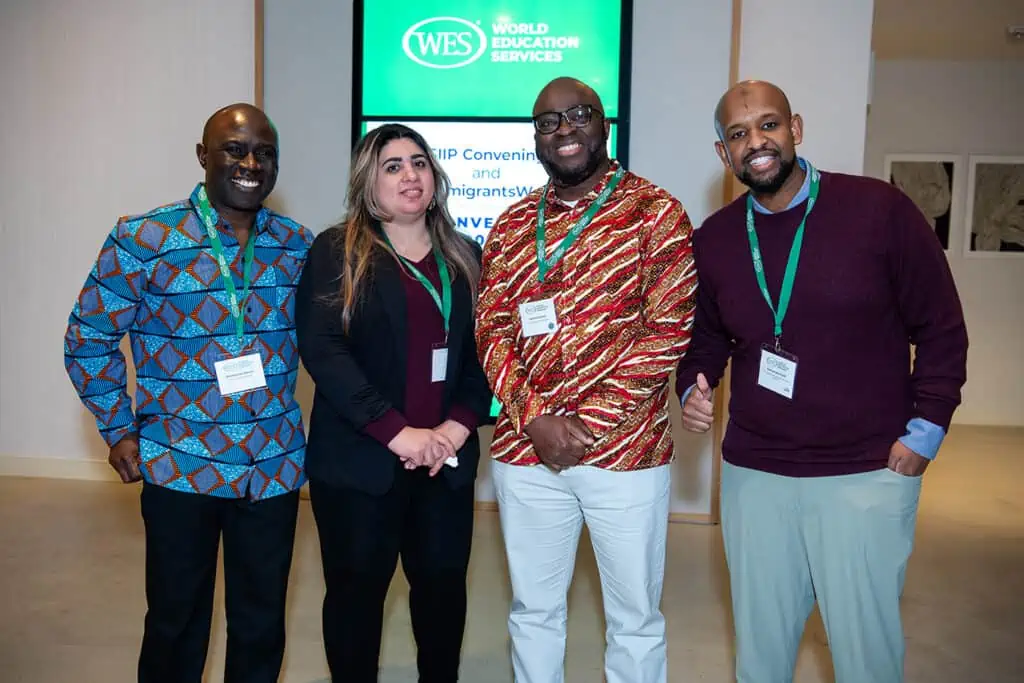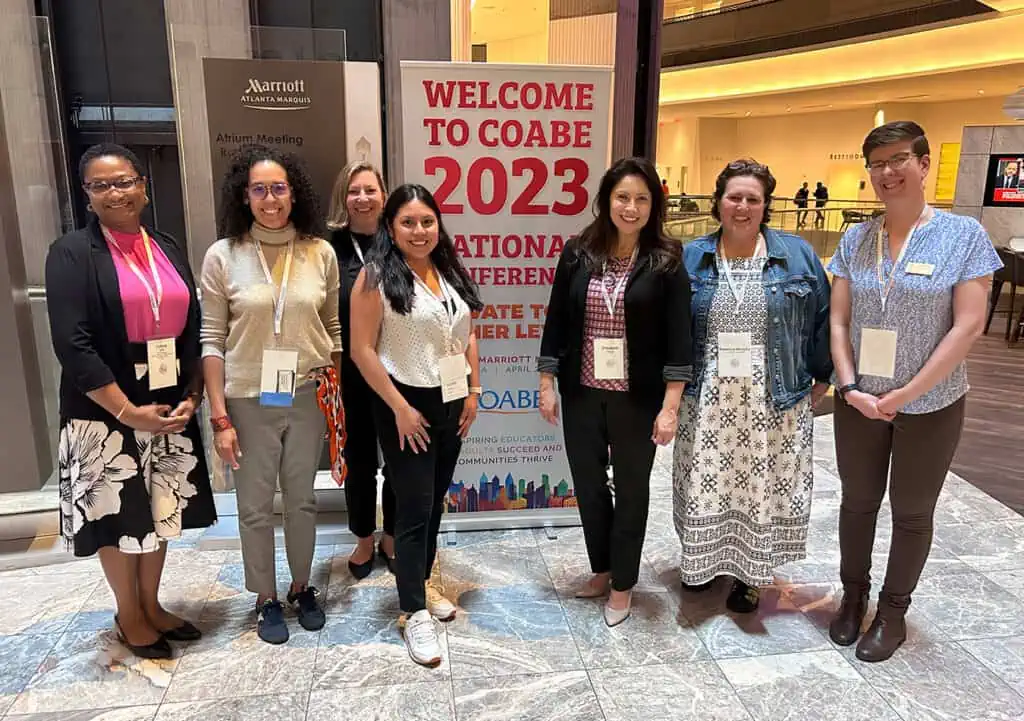A Way Forward for Refugees: Findings from the WES Pilot Project Released Today
Toronto, February 22, 2018 – At a stakeholder forum in Toronto today World Education Services (WES) announced the results of a pilot study it conducted to determine if a reliable process to help Syrian refugees to Canada obtain credential assessments – even in the absence of verifiable documents from their home country – is possible and feasible.
In its report and accompanying executive summary, both of which are available for download here, WES analyzes a sample of applicants who, during the pilot study, received an “alternative credential assessment” of their academic qualifications from WES in which the documents in their possession were assessed to corroborate their claims about their credentials.
Background
Between November 2015 and February 2016, the Government of Canada settled more than 26,000 Syrians from Lebanon, Jordan, and Turkey. By June 2017, almost 47,000 had arrived in Canada.
Through its Global Talent Bridge program, WES works actively in Canada and the United States on issues of integration, employment and opportunities for career success. Gaining recognition for qualifications is critical to immigrants and refugees trying to rebuild their lives and identity in their new country.
The requirements for the standard credential assessment can be hard on refugees, who often flee their homes under dangerous circumstances. In many cases, refugees may not have taken all or even any of their documents with them. Many discover only later that they cannot obtain their official records, since the educational system or institutions they attended may have been disrupted or even closed due to conflict. In Syria, for example, many institutions are not operating; others have been destroyed. Even when open, some institutions may be unresponsive or refuse to issue documents for various reasons.
Victims of natural disasters and those seeking asylum from persecution may face similar situations. Arriving in the United States or Canada without access to proof of their education, such individuals have difficulty moving forward with their careers or fully utilizing their education, skills, and experiences.
The Project
As a respected non-profit organization in the settlement community and the largest provider of credential evaluation services in Canada, WES was in a position to play a leadership role in facilitating the recognition of refugee credentials, and so it launched the Refugee Pilot Project in July 2016 with the target of accepting 200 applications by the end of the year. Applicants were recruited by working through trusted referral partners who could screen for program eligibility, explain the purpose of an assessment and guide them through the process.
Through its methodology, WES ensured that only refugees were being served, and not others who wished to circumvent its standard document requirements. Based on surveys and interviews of refugee participants and institutional stakeholders, the program evaluation focused on whether the policies, program design, and implementation process supported the intended outcome: providing skilled refugees without recourse to their official documents with a timely assessment report that could be useful to applicants for recognition purposes.
Conclusions
The refugee pilot project has helped WES to renew its commitment and refine its approach to the service it offers to refugees and other displaced persons. WES will extend refugee services to all regions of Canada by developing agreements with additional agencies and organizations that have the capacity to provide high quality referral and follow-up services to refugee clients. WES is also planning to develop its policy regarding non-verifiable documentation with not only refugees in mind, but also anyone who cannot retrieve their academic documents due to circumstances beyond their control, such as asylees and victims of natural disaster.
Furthermore, WES plans to extend its work in assessing credentials of refugees in the United States and is currently conducting a feasibility study to determine how it can best shape an effective program in the U.S. context. Details on that project will be announced when that process has been completed.
For a full account of the lessons learned as well as what WES plans to do going forward, download the full report or executive summary here.
Click here for more from WES Global Talent Bridge.





